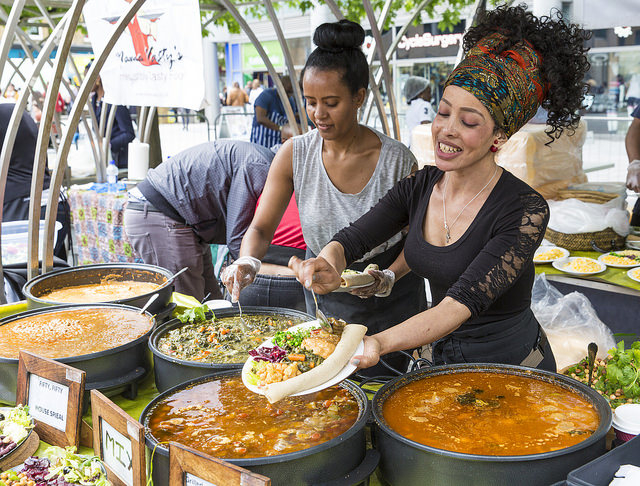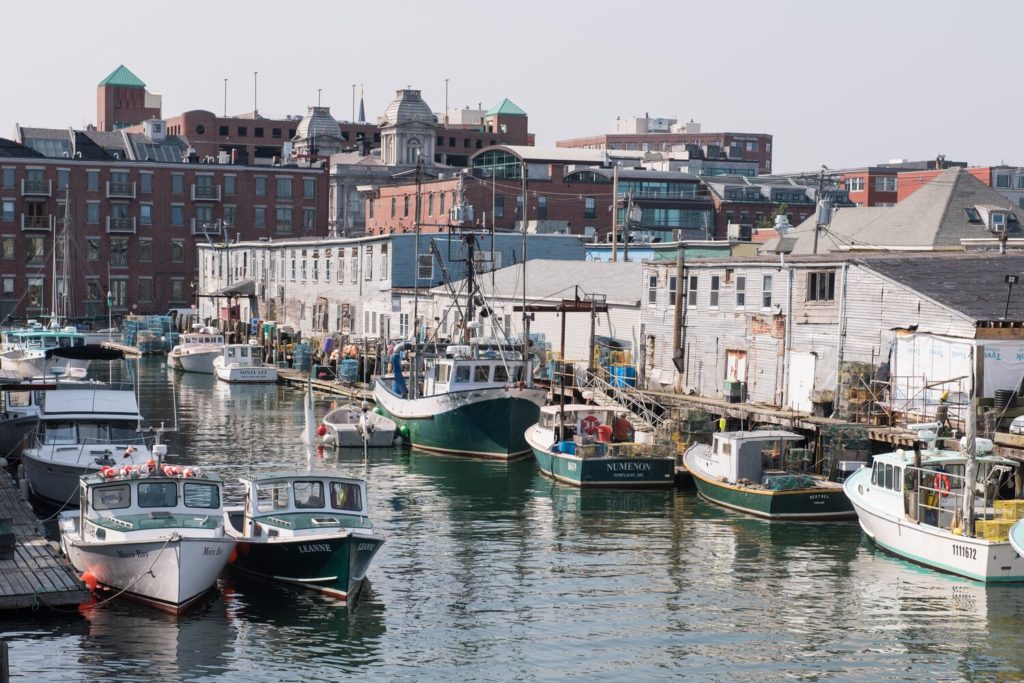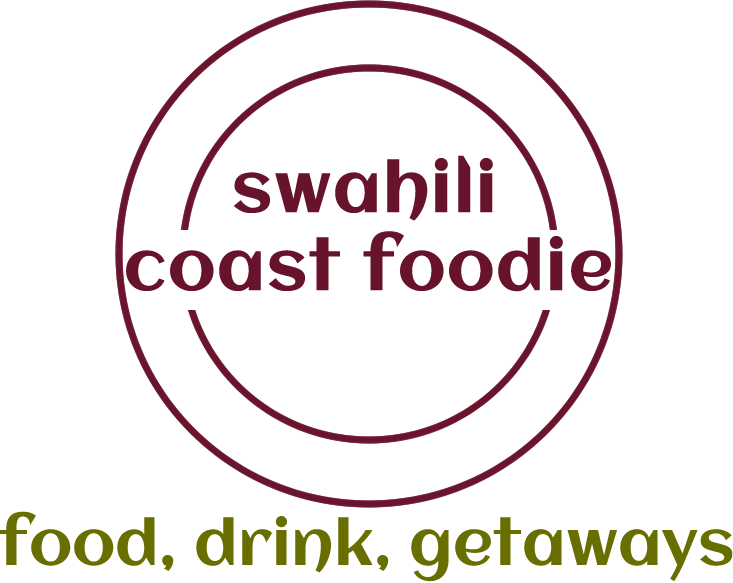 The annual food travel trends report offers a fascinating insights into how the relationship between the culinary world and tourism is shaping the way we cross the globe for a taste of place in order to get a sense of place.
The annual food travel trends report offers a fascinating insights into how the relationship between the culinary world and tourism is shaping the way we cross the globe for a taste of place in order to get a sense of place.
FoodTrex London, which connects destinations, entrepreneurs and key stakeholders from around the world to focus on the business of culinary tourism, was the ideal forum for revealing and debating the intriguing insights about the most important issues from the 2019 Food Travel Trends Report.
The wide-ranging findings were compiled by the World Food Travel Association, the leading international authority on food and beverage tourism, serving a community of 50,000+ professionals in 139 countries. Their report clearly reveals that the passion for food tourism continues to grow. According to the research, 98 percent of travellers have a passion for food ranging from taking specialist tours to cookery classes on vacation. The association describes ‘food travellers’ as those who participate in a food or beverage experience other than dining out. Some 53 percent of travellers who were surveyed say they select a destination because of the food.
An enthusiasm for the ‘local’ and ‘authentic’ among travellers is driving a ‘renaissance’ in culinary traditions. Erik Wolf, Founder / Executive Director of the World Food Travel Association, observed: “Now we start to see people declaring they are interested in food cultures. They want to know the ‘backstory’ to what they are eating and drinking.”

Sustainability is also an increasingly important issue. Around 40 percent of all food in the West is going in the bin. Travellers are increasingly mindful of ethics in relation to food and packaging, as well as issues such as animal welfare.
Growing interest in other food cultures is also arising in travellers from growing economies such as China. Meanwhile, Generation Z is starting to have more money to spend on vacations which includes culinary tourism. Millennial parents are also now passing on their food values as they start to have children. Their offspring will amplify these values and become ‘super foodies’ in the future. According to Erik Wolf his organisation believes this will also shape the world of culinary tourism: “We predict even more interest in the entire food and drink experience.”

‘Authenticity’ is a central theme for gastronomy tourism. Is there room, however, for innovation or fusion? During the presentation, Erik Wolf recalled that on a recent trip: “I was having Italian food, prepared by a chef from South Korea, in Seoul, with imported Italian ingredients.” The issue was also raised of how dietary needs affect the authenticity of food. For non-meat eaters, it was also suggested many food cultures have many suitable and delicious dishes to sample. For example, the popular vegan and vegetarian dishes from Greece are all totally authentic.
Nearly 100 delegates from 6 continents attended the summit over the course of the day. A major highlight of the gathering was the Nepal-themed lunch, courtesy of the Nepal Tourism Board and prepared under the direction of the celebrated Kathmandu chef Kumar Chalise who had flown in to the UK for the World Travel Market. Delegates got a ‘Taste of Nepal’ with dishes such as vegetable momos (a kind of dumpling), kukhurako mashu (boneless chicken cooked with authentic Nepalese spices) and sikarni (strained, sweetened yogurt with saffron and pistachios).
During the gathering, the winners of the 2019 FoodTrekking Awards for Excellence and Innovation in culinary travel were also announced. The winners were:
- Best Culinary Destination – Destination Bristol (Bristol, UK)
- Best Food or Beverage Tour Experience – Maine Food for Thought (Portland, Maine, USA)
- Most Innovative Use of Local Ingredients in a Foodservice Menu – NUSA Indonesian Gastronomy (Jakarta, Indonesia)
- Most Innovative Food or Beverage Marketing Campaign for a Destination – Discover Boyne Valley Flavours (Boyne Valley, Ireland)
- Best Local Storytelling in a Food or Beverage Experience – The Original Taste Of Hoi An (Hoi An, Vietnam)
- Best Creative Use of Space for a Food Lover Attraction – Javara Culture (Jakarta, Indonesia)
- Best Food or Beverage Lodging Experience – Sudamala Suites & Villas Senggigi (Lombok, Indonesia)
At the opening of the summit, Erik Wolf explained how the association is dedicated to meeting the needs of tourism and gastronomy enterprises seeking knowledge, inspiration and insight as the worlds of travel and food become interlinked in fresh and dynamic ways. He summed up by saying:
“Food and drink are the cornerstone of tourism. Everyone eats and drinks. It’s the bottom line of every tourism experience. They are passion products. People are passionate about their favourite beer or cheese. Consumers are spending more on products they are passionate about.”
For more information about the World Food Travel Association visit www.worldfoodtravel.org










